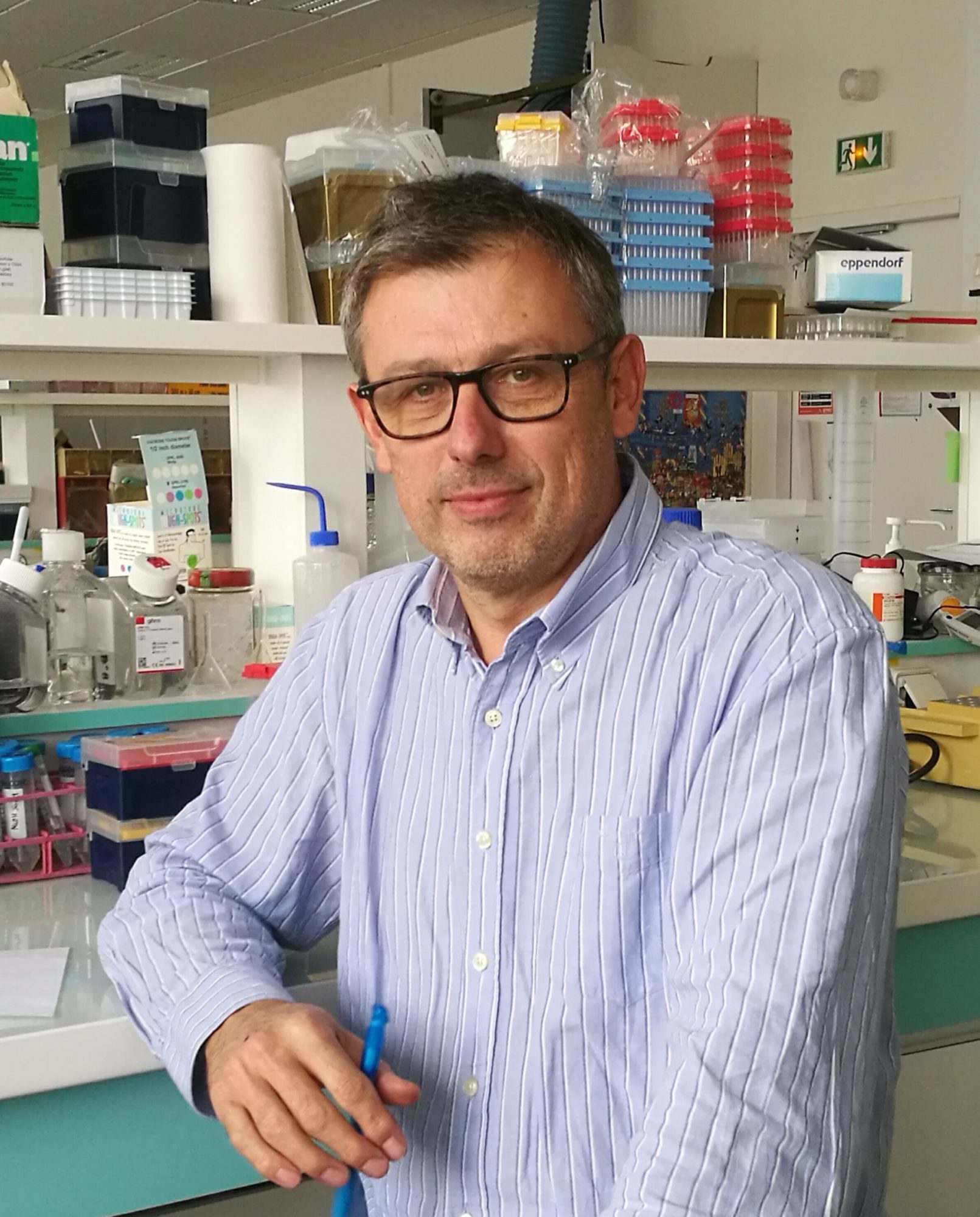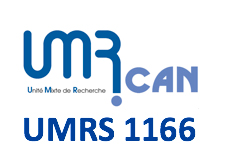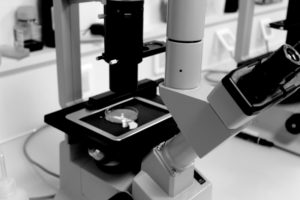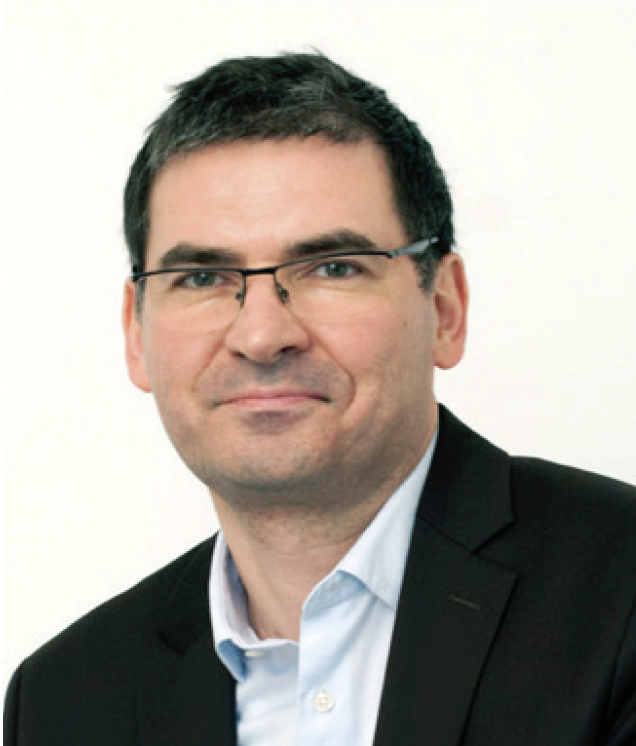
TEAM 1 - Philippe Charron
Genomics and Pathophysiology of Myocardial Diseases: from Monogenic to Complex Diseases
Moreover, recent advances about the causes of these diseases (especially sarcomeric and ion channel genes variants) led to a new understanding of the complex interplay between genetic architecture (rare and frequent variants) as well as interactions with environmental factors (such as sport, myocarditis, drugs) or gender. This new knowledge and paradigm has important consequences for the global understanding of the physiology of sarcomeric proteins and ion channels as well as for the pathophysiology of complex diseases such as heart failure and arrhythmia.
For more than 15 years our group has been involved in deciphering the genetic and cellular mechanisms underlying the development of cardiomyopathies and channelopathies. We have recently identified new rare or frequent genetic variants involved in these diseases through genome wide association or sequencing strategies. Underlying signaling pathways are studied and new therapeutic approaches are starting based on the new knowledge. Meantime, translational approaches including genetic testing and high throughput resequencing have been developed in clinical practice in order to improve medical management of patients and their families through personalized medicine.
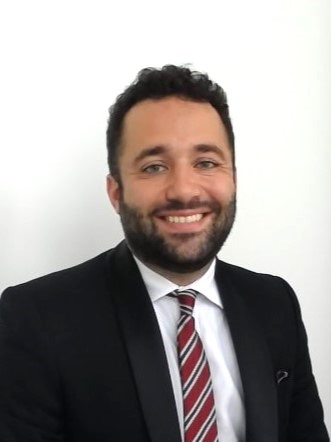
TEAM 2 - Michel Zeitouni
Atherothrombosis and Applied Pharmacology
Our main goal is to improve knowledge in cardiovascular medicine from treatment strategies to education for primary prevention mainly in the field of atherothrombosis. Expanding of the group led to new areas of investigation including cardiovascular epidemiology, education technological innovations. Our cardiovascular research is broad going from in vitro experimental models to randomized clinical trials. It has always been focused on the same objectives, but projects have been diversified. The permanent interaction between clinicians and scientists within the same location is the major strength of the group. This unique set-up allows the attraction of fresh minds who volunteer for the challenge of clinical research. The development of new core lab facilities and our gained expertise in the field of clinical research via the ACTION study group are the key steps for a promising near future and facilitated interaction with basic science teams within UMRS_1166.
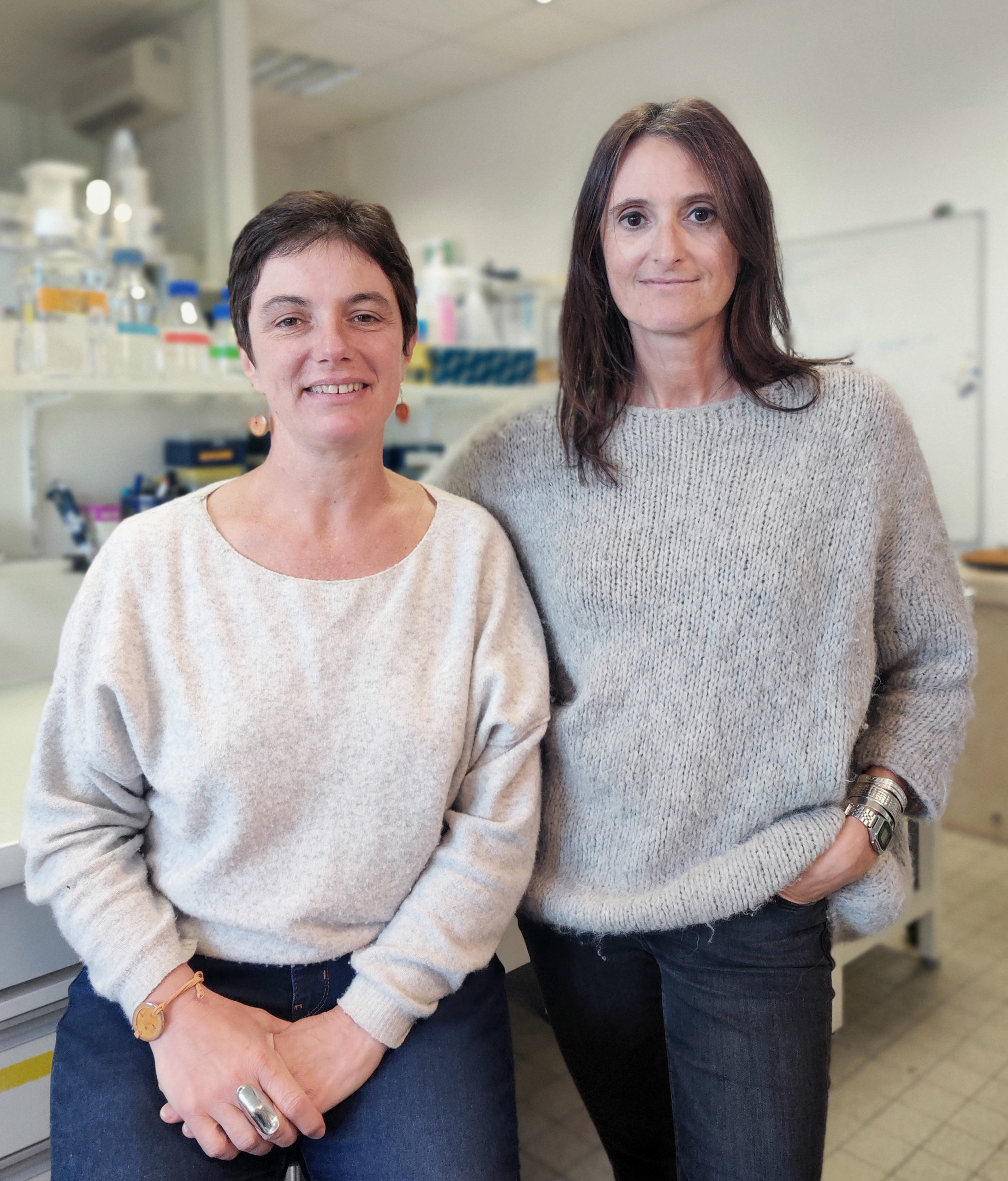
TEAM 3 - Elise Balse and Sophie Nadaud
Molecular and Cellular Plasticity in Cardiovascular Diseases
Our projects focus on:
– The plasticity of cellular composition of cardiovascular tissues. We notably study the capacity of progenitor and stem cells to be recruited, to differentiate in various mesenchymal cell lineages and to contribute to atrial and vascular remodeling.
– The plasticity of macromolecular protein complexes regulating cardiac function and their role in pump dysfunction and arrhythmias. We focus on the regulation of ion channels trafficking and targeting in cardiomyocytes.
– The role of cellular metabolic shifts in regulating myocardial remodeling and atrial electrical properties.
– The role of immune and inflammatory cells during cardiovascular remodeling leading to HF. We study the mechanisms of macrophages protective role during early adaptive cardiac hypertrophy.
-The role of oxidative stress and inflammation during age-associated cardiovascular remodeling and transition to heart failure.
– The role of the GCN2 gene mutation in the development of Pulmonary Veno-Occlusive Disease, a specific form of pulmonary hypertension.
Research projects
Atrial fibrillation and heart failure are two leading causes of worldwide mortality and morbidity in modern countries and their prevalence will continue to grow up in the next years with the ageing of population. Pulmonary hypertension is a rare and life-limiting cardiovascular disorder, characterized by an occlusive remodeling of the distal pulmonary vasculature that ultimately leads to right heart failure. Our team 3 is interested in deciphering the molecular and cellular players participating in the remodeling processes that lead to these pathologies.
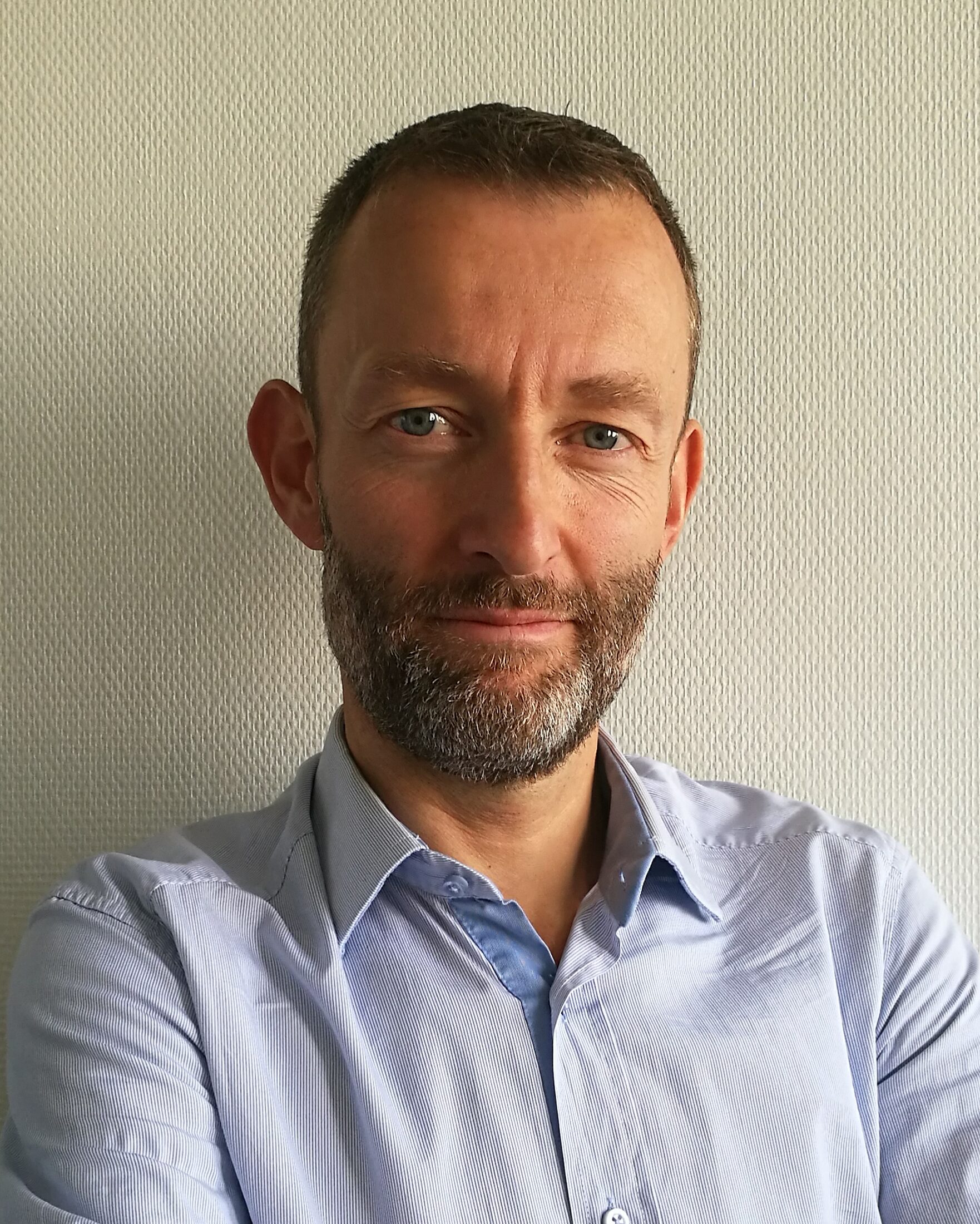
TEAM 4 - Wilfried Le Goff
Cellular and Systemic Lipid Metabolism in Cardiometabolic Diseases
Cardiovascular diseases still remain the major cause of morbidity and mortality worldwide due to the growing prevalence of obesity and associated metabolic disorders, including insulin resistance and Type 2 diabetes. Dyslipidemia, characterized by altered circulating concentrations of lipoproteins and lipids is a major component in the development of cardiometabolic diseases (CMD). As a consequence, lipid-lowering therapies are the privileged therapeutic strategy in CMD. Mechanisms through which lipids contribute to the development of metabolic disorders are multiple and involve complex signaling and regulation pathways at the both cellular and systemic levels. Importantly, it is now clear that a large spectrum of lipid species not only restricted to cholesterol and triglycerides participates actively in alterations of lipid and lipoprotein metabolism in CMD.
Then, deciphering of dysfunctional lipid metabolic pathways might help to propose new therapeutic targets to prevent or hamper the occurrence and development of CMD.
Our recent pioneering studies leading to the identification by omics approaches of lipid networks and metabolic pathways controlling biological activities of plasma lipoproteins and cell activation in CMD open up new insights in understanding how alterations in lipid metabolism contribute to CMD onset. In particular, our recent findings lead us to revisit the current understanding of atheroprotective high-density lipoprotein (HDL) and triglyceride-rich lipoprotein (TRL) metabolism and its role in CVD.
Building on tight interactions with clinical and valorization departments, our research program aims to propose new candidate pathways, genes and biomarkers in the context of CMD.
